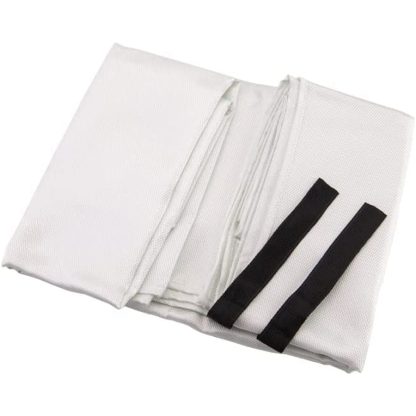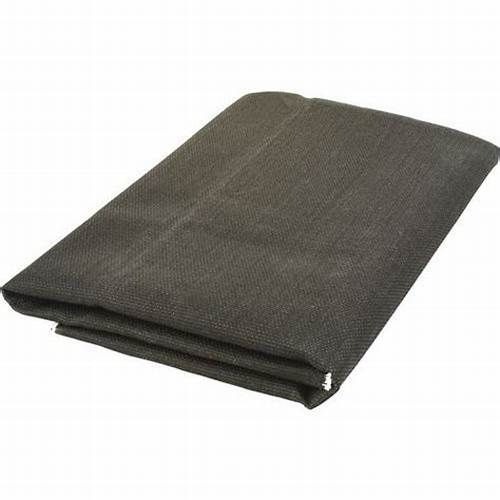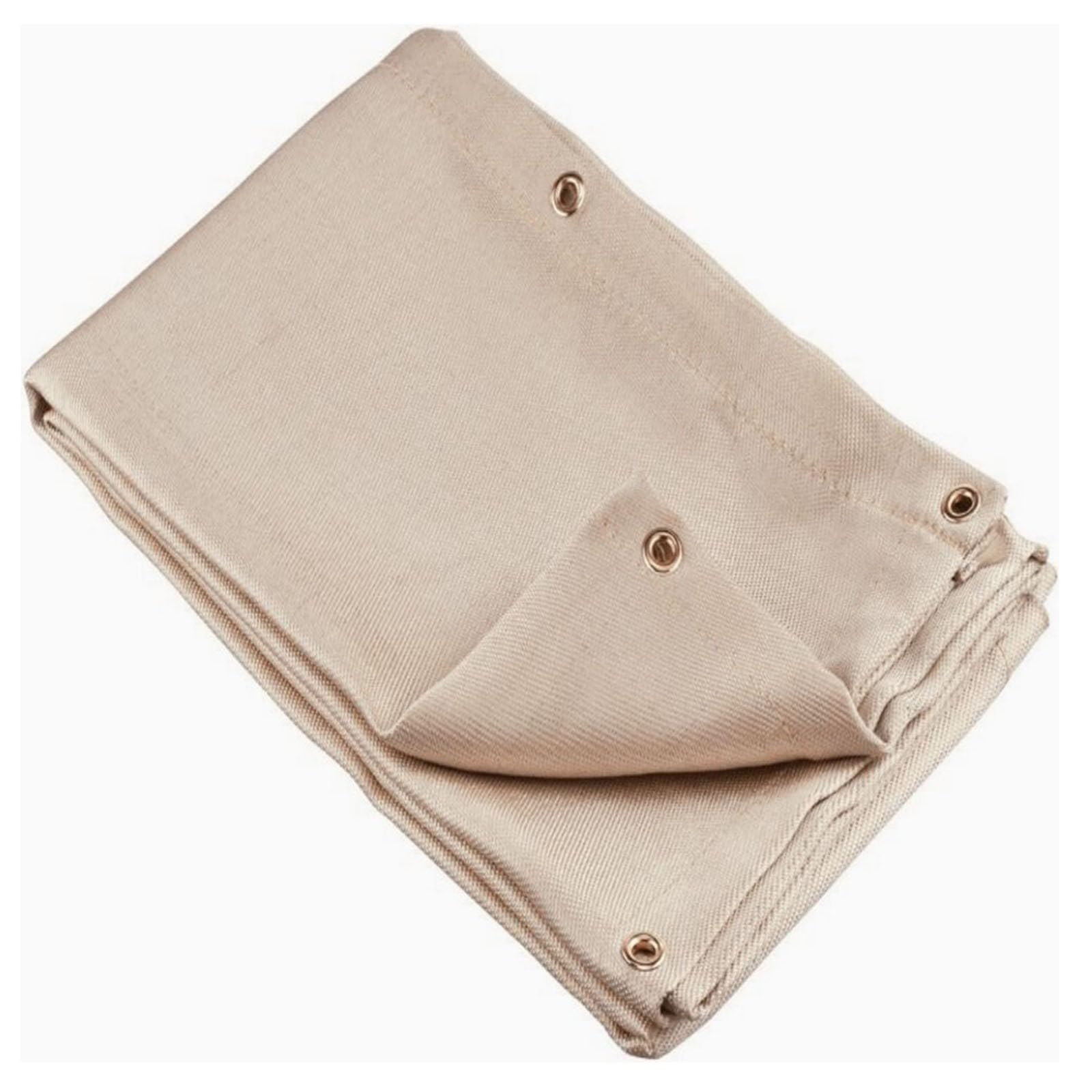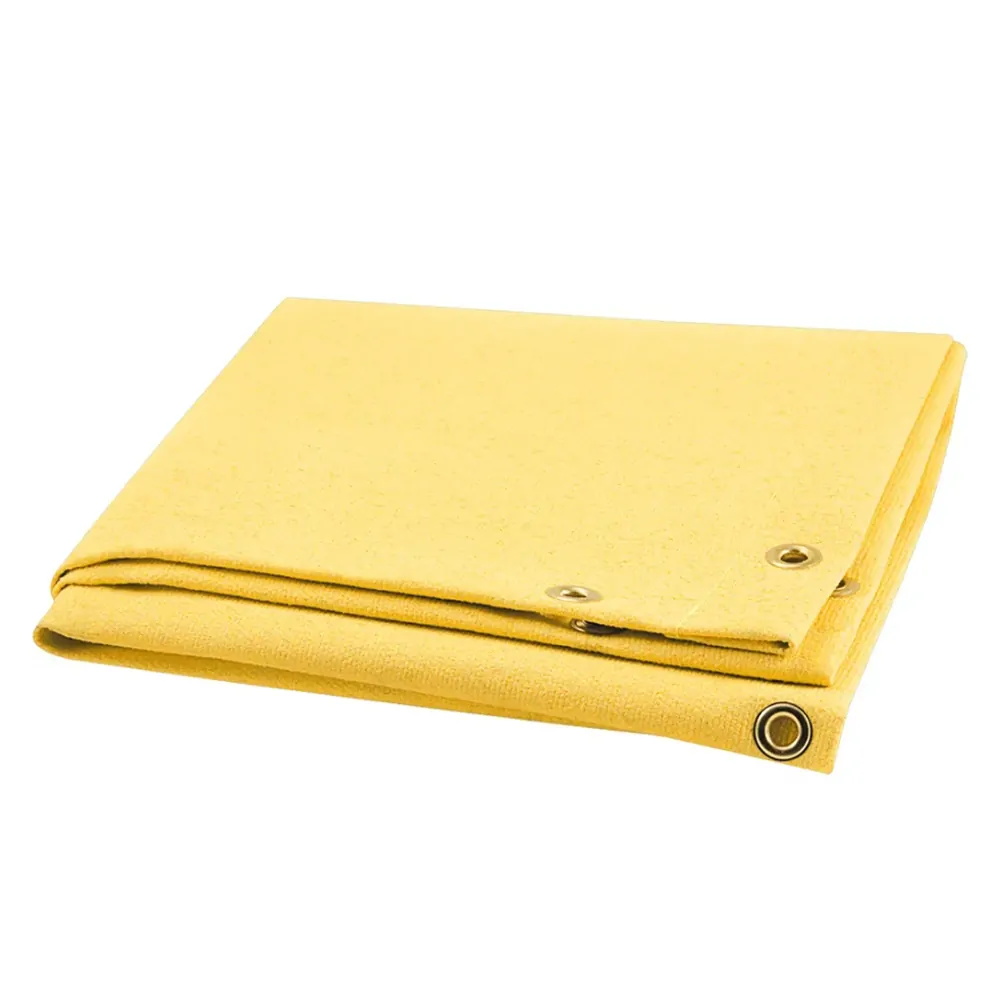Aramid Fire Blanket Material: Heat-Resistant Protection for Emergencies
Aramid fiber fire blankets provide superior heat resistance and flame protection. This guide explains how aramid materials work, their advantages over alternatives, proper usage techniques, and key selection criteria for optimal safety.
What Makes Aramid Ideal for Fire Blankets?
Aramid fibers (like Nomex and Kevlar) are synthetic polymers with exceptional thermal properties. When woven into fire blanket material, aramid creates a lightweight yet incredibly durable barrier against flames. Unlike ordinary fabrics, aramid doesn't melt, drip, or support combustion when exposed to fire.
The molecular structure of aramid fire blanket material features:
- High thermal stability (withstands 500°C/932°F continuously)
- Low thermal conductivity (insulates against heat transfer)
- Self-extinguishing properties (stops burning when flame removed)
- Tensile strength 5x greater than steel at equal weight
How Aramid Fire Blankets Compare to Alternatives
While fiberglass and wool blankets are common, aramid fire blanket material offers distinct advantages:
- Durability:Aramid resists tearing and abrasion better than fiberglass
- Comfort:Softer texture than fiberglass (no skin irritation)
- Reusability:Can often be reused after proper inspection
- Chemical resistance:Won't degrade from oils or solvents
- Lightweight:Easier to deploy than heavier alternatives
Proper Use of Aramid Fire Blankets
To maximize protection from your aramid fire blanket material:
- Store in quick-access locations (kitchens, labs, workshops)
- Pull tabs to release blanket - never unfold before approaching fire
- Hold blanket like a shield between you and flames
- Place gently over fire, starting from nearest edge
- Leave in place until completely cooled
- For clothing fires, wrap blanket around victim and roll
Selecting Quality Aramid Fire Blanket Material
Look for these specifications when purchasing:
- Certifications (EN 1869, ASTM F1989, or similar)
- Minimum size 1m × 1m (3.3ft × 3.3ft) for home use
- Pure aramid or aramid-blend construction
- Reinforced edges with fire-resistant stitching
- Visible quality markings and instructions
Maintenance and Care
Proper care extends your aramid fire blanket material's lifespan:
- Inspect monthly for damage or contamination
- Clean only with damp cloth (no detergents)
- Store in protective pouch to prevent dust accumulation
- Replace if shows signs of charring or chemical exposure
- Follow manufacturer's replacement schedule (typically 5-7 years)
Industrial Applications of Aramid Fire Blankets
Beyond home use, aramid fire blanket material serves critical roles in:
- Chemical processing plants
- Aerospace manufacturing
- Electrical utility operations
- Military and first responder equipment
- Automotive racing safety gear
These high-risk environments benefit from aramid's combination of heat resistance, durability, and flexibility that other materials can't match.
The Science Behind Aramid's Fire Resistance
Aramid fibers work through three mechanisms:
- Thermal insulation:The dense fiber structure slows heat transfer
- Char formation:When heated, aramid creates a protective carbon layer
- Endothermic reaction:The material absorbs heat during decomposition
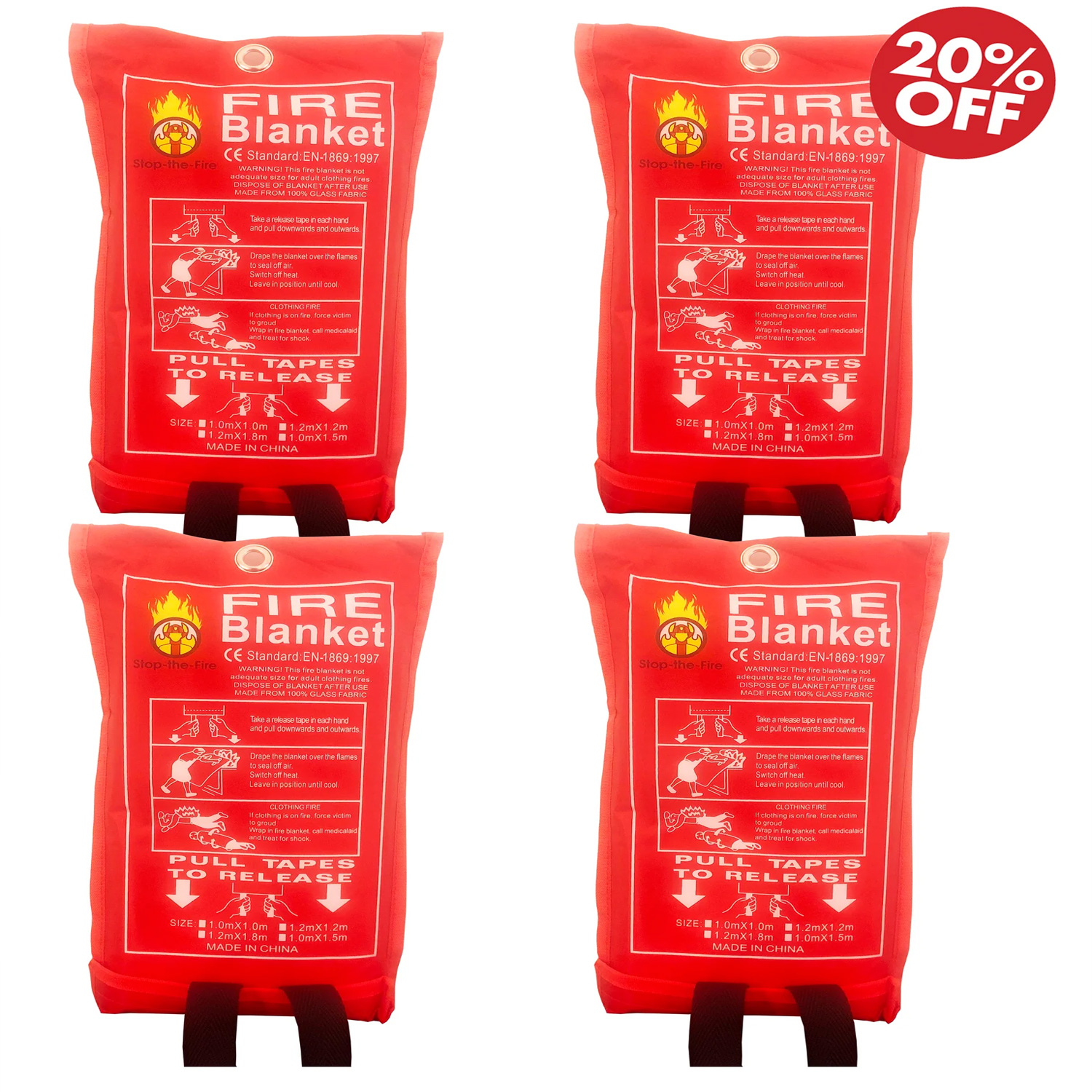
This multi-layered protection makes aramid fire blanket material significantly more effective than single-mechanism alternatives.
Conclusion
Aramid fire blanket material represents the gold standard in personal fire protection. Its unique combination of heat resistance, durability, and safety features makes it the preferred choice for both home and industrial applications. By understanding its properties and proper usage, you ensure maximum protection when seconds count.


